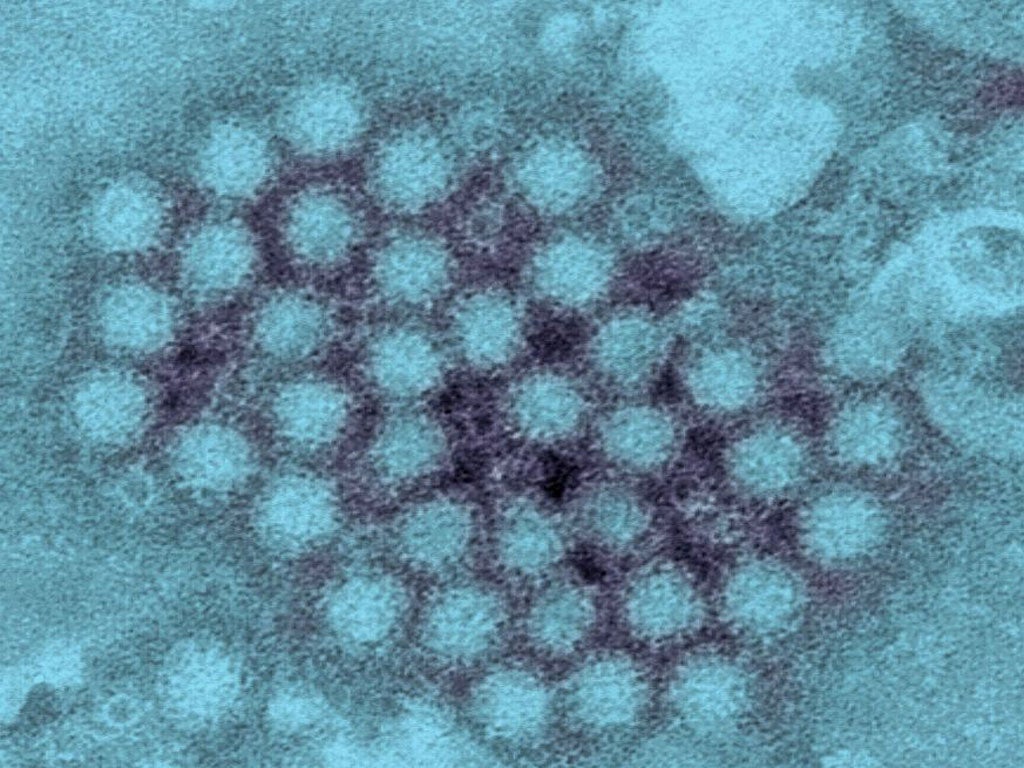150,000 suffer from norovirus vomiting bug

More than 150,000 people were struck down with the winter vomiting bug during the festive period, figures suggest.
During the last two weeks of 2012, the Health Protection Agency (HPA) confirmed 529 cases of norovirus.
But for every reported case, an estimated 288 are not flagged up.
The HPA said there have been 4,140 laboratory-confirmed cases of norovirus, meaning as many as 1.19 million people could have contracted the illness this season - a 63 per cent rise on the previous season.
The bug has swept the country and has led to the closure of dozens of hospital wards.
During the last two weeks, 33 hospital outbreaks of the bug were reported.
An HPA spokeswoman said cases of norovirus have risen earlier than expected this season - a trend which has been seen across Europe and other parts of the world.
However, health officials noted a decline in the number of confirmed cases over the last fortnight of 2012 because many people do not seek medical attention during the festive period.
But they estimate the figure will increase over the coming weeks, mimicking norovirus activity in previous seasons.
John Harris, an expert in norovirus from the HPA, said: "Our latest figures covering the New Year period show a further decline in the number of cases and this is what we would expect to see.
"We can never predict how busy a season will be or what will happen in the weeks ahead although, as with other norovirus seasons, we will expect to see an increase in the number of laboratory reports in the next few weeks until the end of March when activity begins to fall away.
"If you think you may have the illness then it is important to stay away from hospitals, GP surgeries and care homes to avoid spreading it to people who may have underlying health conditions and already be vulnerable. Maintaining good hand hygiene is also important to help prevent it spreading."
Norovirus is highly contagious and can be transmitted through contact with an infected person or contaminated surfaces and objects. It is known to spread rapidly in closed environments such as hospitals, schools and nursing homes.
Symptoms include sudden vomiting, diarrhoea, or both, a temperature, headache and stomach cramps. The bug usually goes away within a few days.
Although people can suffer from norovirus at any time of the year, activity increases in the winter months, with most cases seen between January and March.
PA
Join our commenting forum
Join thought-provoking conversations, follow other Independent readers and see their replies
Comments
Bookmark popover
Removed from bookmarks